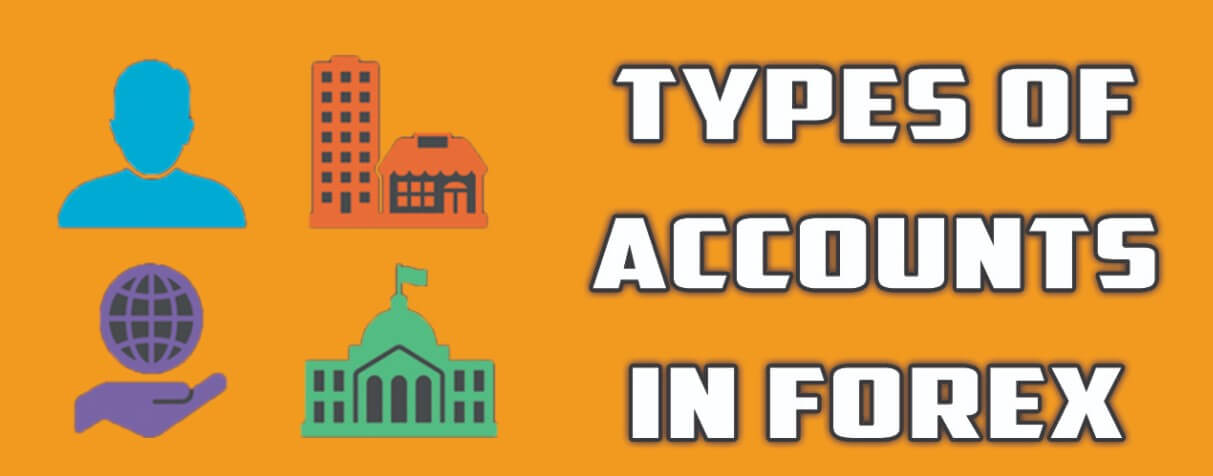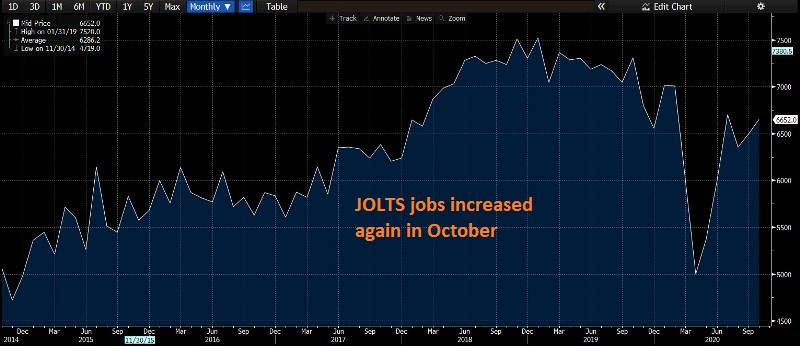
A good understanding of the forex spread is crucial to being a successful forex trader. This is the difference in currency prices between buying or selling. A large spread is indicative of a volatile and low-liquidity market. Conversely, a small spread may indicate a well-liquidized market.
The forex spread is often described as a variety of pips (or pip-sized increments) based on the general demand and supply for the pair. It can also affect external market factors, like geopolitical stability, which can have a significant impact on the spread. Spreads can vary between currency pairs. Some have spreads that exceed 20 pips while others are larger.
Spreads are not an issue for many traders. Forex and non-forex traders will both benefit from an understanding of its effects. Spreads can lead to re-quotes which can result in traders losing their profits. A large spread can also affect liquidity, which can reduce its utility for both short-term and longer-term traders.

The spread is often also called the bid -ask gap or the bid -ask margin. It is a term that incorporates both. The bid-ask differ is the price atwhich a forex marketmaker is willing to sell or buy the base currency. The spread for the base currency, the US dollar, is typically smaller than for other currencies, particularly exotic ones.
An essential tool is the forex spread calculator. There are several available online. Typically, you'll need to input the number of units of currency you want to trade, the size of your trade, and the number of lots you wish to trade in order to come up with a spread estimate. Fixed spreads eliminate the guesswork that comes with trading forex.
You'll need a forex spread calculator. But you also need to look at the chart in your broker’s trading platform. This is where you'll find the spread's major movers and shakes, and which currency pairs you should be watching. You should also keep an eye on important news items that could have a major impact on spread.
You should also consider the time of day when you are trading. While the spread in Europe is less during the morning hours, it's likely to be more in Asia. The spread is also likely to be bigger during the nighttime hours in the Asian session, when the forex market is at its most active. Make sure you understand the spread if traveling to a foreign country.

Forex spread is simply the difference in price between the bid and the ask prices of currency pairs. It is one of the most important variables involved in forex trading, and it is usually measured in pips. The best forex spread calculator can help determine how many pips are required to complete a trade.
FAQ
What are the benefits of stock ownership?
Stocks have a higher volatility than bonds. The stock market will suffer if a company goes bust.
If a company grows, the share price will go up.
Companies usually issue new shares to raise capital. This allows investors buy more shares.
Companies can borrow money through debt finance. This allows them to access cheap credit which allows them to grow quicker.
If a company makes a great product, people will buy it. Stock prices rise with increased demand.
Stock prices should rise as long as the company produces products people want.
What is the difference in a broker and financial advisor?
Brokers are specialists in the sale and purchase of stocks and other securities for individuals and companies. They manage all paperwork.
Financial advisors have a wealth of knowledge in the area of personal finances. They help clients plan for retirement and prepare for emergency situations to reach their financial goals.
Financial advisors can be employed by banks, financial companies, and other institutions. They may also work as independent professionals for a fee.
Take classes in accounting, marketing, and finance if you're looking to get a job in the financial industry. Additionally, you will need to be familiar with the different types and investment options available.
How does inflation affect the stock market
Inflation has an impact on the stock market as investors have to spend less dollars each year in order to purchase goods and services. As prices rise, stocks fall. Stocks fall as a result.
Can bonds be traded?
Yes, they are. Like shares, bonds can be traded on stock exchanges. They have been for many years now.
The only difference is that you can not buy a bond directly at an issuer. You must go through a broker who buys them on your behalf.
Because there are fewer intermediaries involved, it makes buying bonds much simpler. This means that you will have to find someone who is willing to buy your bond.
There are several types of bonds. Some pay interest at regular intervals while others do not.
Some pay interest annually, while others pay quarterly. These differences allow bonds to be easily compared.
Bonds are great for investing. If you put PS10,000 into a savings account, you'd earn 0.75% per year. If you were to invest the same amount in a 10-year Government Bond, you would get 12.5% interest every year.
If you were to put all of these investments into a portfolio, then the total return over ten years would be higher using the bond investment.
Statistics
- "If all of your money's in one stock, you could potentially lose 50% of it overnight," Moore says. (nerdwallet.com)
- Our focus on Main Street investors reflects the fact that American households own $38 trillion worth of equities, more than 59 percent of the U.S. equity market either directly or indirectly through mutual funds, retirement accounts, and other investments. (sec.gov)
- Individuals with very limited financial experience are either terrified by horror stories of average investors losing 50% of their portfolio value or are beguiled by "hot tips" that bear the promise of huge rewards but seldom pay off. (investopedia.com)
- Ratchet down that 10% if you don't yet have a healthy emergency fund and 10% to 15% of your income funneled into a retirement savings account. (nerdwallet.com)
External Links
How To
How to Open a Trading Account
Opening a brokerage account is the first step. There are many brokers available, each offering different services. Some have fees, others do not. Etrade is the most well-known brokerage.
After opening your account, decide the type you want. One of these options should be chosen:
-
Individual Retirement Accounts (IRAs)
-
Roth Individual Retirement Accounts
-
401(k)s
-
403(b)s
-
SIMPLE IRAs
-
SEP IRAs
-
SIMPLE 401(k).
Each option has different benefits. IRA accounts are more complicated than other options, but have more tax benefits. Roth IRAs allow investors to deduct contributions from their taxable income but cannot be used as a source of funds for withdrawals. SEP IRAs are similar to SIMPLE IRAs, except they can also be funded with employer matching dollars. SIMPLE IRAs have a simple setup and are easy to maintain. They enable employees to contribute before taxes and allow employers to match their contributions.
Next, decide how much money to invest. This is called your initial deposit. Most brokers will give you a range of deposits based on your desired return. You might receive $5,000-$10,000 depending upon your return rate. The conservative end of the range is more risky, while the riskier end is more prudent.
You must decide what type of account to open. Next, you must decide how much money you wish to invest. Each broker will require you to invest minimum amounts. These minimum amounts can vary from broker to broker, so make sure you check with each one.
After choosing the type account that suits your needs and the amount you are willing to invest, you can choose a broker. Before selecting a brokerage, you need to consider the following.
-
Fees - Make sure that the fee structure is transparent and reasonable. Many brokers will try to hide fees by offering free trades or rebates. However, some brokers actually increase their fees after you make your first trade. Do not fall for any broker who promises extra fees.
-
Customer service - Look for customer service representatives who are knowledgeable about their products and can quickly answer questions.
-
Security - Look for a broker who offers security features like multi-signature technology or two-factor authentication.
-
Mobile apps – Check to see if the broker provides mobile apps that enable you to access your portfolio wherever you are using your smartphone.
-
Social media presence - Find out if the broker has an active social media presence. It might be time for them to leave if they don't.
-
Technology - Does the broker utilize cutting-edge technology Is the trading platform user-friendly? Is there any difficulty using the trading platform?
After you have chosen a broker, sign up for an account. Some brokers offer free trials while others require you to pay a fee. After signing up, you'll need to confirm your email address, phone number, and password. You will then be asked to enter personal information, such as your name and date of birth. You will then need to prove your identity.
Once verified, you'll start receiving emails form your brokerage firm. It's important to read these emails carefully because they contain important information about your account. This will include information such as which assets can be bought and sold, what types of transactions are available and the associated fees. Track any special promotions your broker sends. These could be referral bonuses, contests or even free trades.
Next, you will need to open an account online. An online account is typically opened via a third-party site like TradeStation and Interactive Brokers. Both websites are great resources for beginners. When you open an account, you will usually need to provide your full address, telephone number, email address, as well as other information. After this information has been submitted, you will be given an activation number. This code will allow you to log in to your account and complete the process.
Now that you've opened an account, you can start investing!